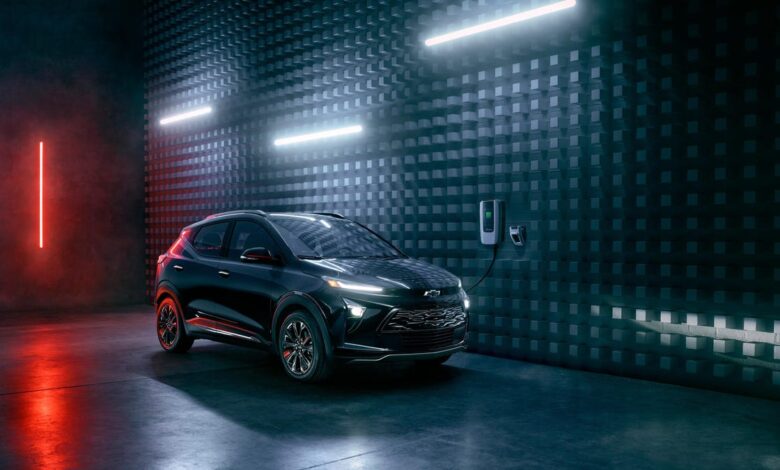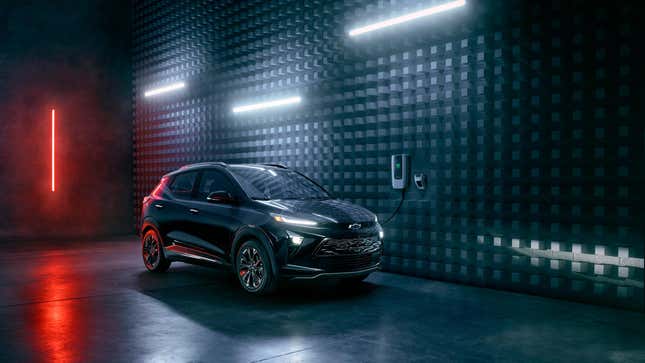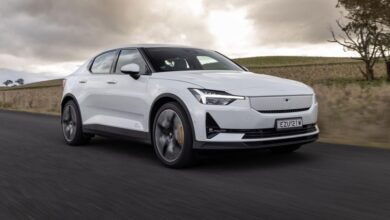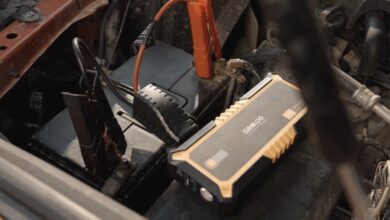Chevrolet Will Only Sell The Updated Bolt As An EUV


Earlier this year Chevrolet announced that the strong-selling Bolt EV and EUV were going to get the ax. GM is on track to sell 70,000 of these this year, which is a pretty strong number for the tiny electric runabout. According to a report from InsideEVs, the Bolt will get a stay of execution with a major mechanical overhaul for the 2025 model year, but only the plastic-cladding-and-taller-suspension EUV model (introduced for the 2022 model year) will live on. The standard Bolt EV, introduced in 2016, will shuffle off next year.
GM CEO Mary Barra said the next-gen Bolt “will deliver an even better driving, charging, and ownership experience with a vehicle we know customers love.” The update will include a faster-charging NACS (Tesla) port, advanced Ultium battery chemistry, and updated software. This should add up to a car with better range, much quicker charging capability, and improved efficiency. The existing Bolt EUV offers 247 miles of range, but its DC fast charger can only accept electrons at a rate of 55 kW. Current NACS chargers can deliver at least 250 kW, which would be a massive step forward. The current Bolt charges from 0-80 percent in about an hour, while the next-gen car should get that number down to at least half that.
The current Bolt was on the chopping block because it costs Chevrolet quite a lot of money to build each one, and the inexpensive EV sells at a loss for the company. The updated car won’t be a clean-sheet design, so GM can continue to use the same underpinnings and whatnot to save cash. If Ultium can scale up properly, and the architecture can be spread out across all of GM’s EVs, then the economies of scale should help the Bolt become a profitable exercise for the company. That’s especially important because GM says it wants to retain the Bolt’s position in the market for the next-generation model. The Bolt EV starts at $26,500, making it the least expensive electric car in the U.S. market right now, and it’s eligible for the full $7,500 federal tax incentive.




